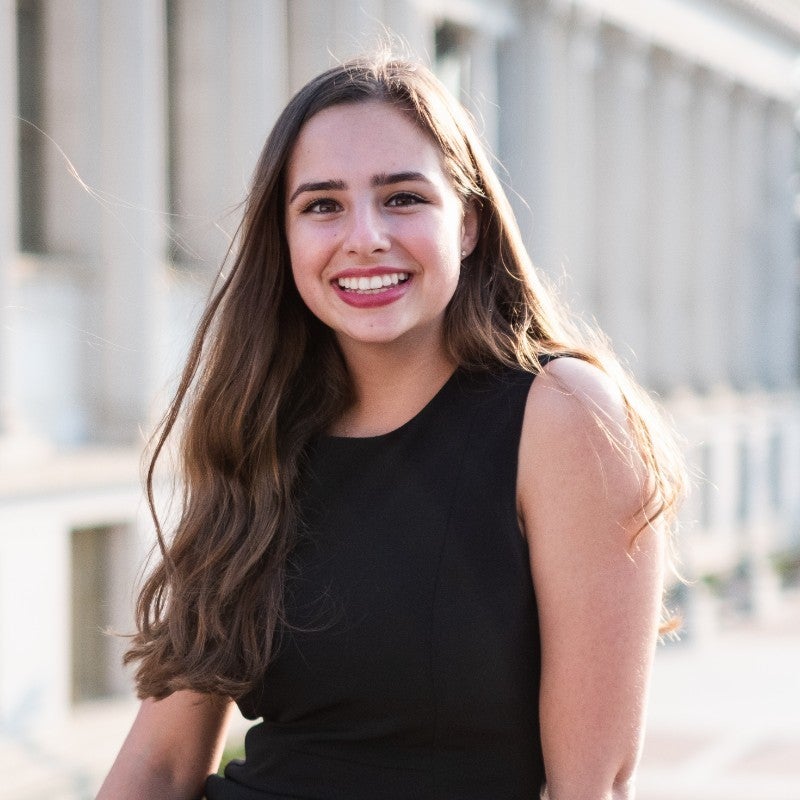By Kaetlyn Conolly, J.D. ’24

With all the new experiences and challenges that 1L year brings, it is easy to start to feel disconnected from the reasons that initially drove you to apply to law school in the first place. But 2L year brings new freedom to reacquaint yourself with the passions you brought to law school and to explore areas of the law that could potentially lead to fruitful, fulfilling careers. That’s why I jumped at the opportunity to join the Transactional Law Clinics (TLC) when we had the opportunity to enroll in a clinic during 2L year. In fact, the vast array of experiential learning opportunities was one of the reasons why I chose Harvard over other law schools I was considering.
This year, I wanted to resume working in a clinical setting and engaging with the community, which I always enjoyed before law school. I also wanted to experience what it might look like to work as a transactional attorney. Through the course of the semester, I was able to accomplish both these goals.
The hands-on, experiential work starts on Day 1 at the TLC. Upon our first meeting with our supervising attorneys, we are assigned about four clients that we will be working with at the start of the semester. It is the student’s job to familiarize themselves with the client’s file, to set up meetings with the client, to conduct research related to the case, and to develop strategies for how to address the client’s current questions. The learning curve and the sense of responsibility at the outset of the clinic are large, but the clinical instructors do all they can to support the transition. Clinical instructors like my supervising attorney not only provide structure to the work that we do, but they also all have practical, industry-specific advice accumulated from years working in the entertainment, non-profit, corporate, and community lawyering. That type of inside knowledge and practical training was indispensable to completing casework.
In addition to learning how to logistically manage a case, the clinic allowed me to familiarize myself with several subject matters that I had absolutely no prior experience with. I was able to get a crash course in securities regulation, entity formation, recording artist agreements, and intellectual property matters all in one semester. While I expected the clinic to be akin to my prior experiences at self-help centers and non-profits, which involved more rote form preparation, the experience was in actuality much more instructive. Not only was I able to competently discuss these subjects with clients by the end of the semester, but I also feel much more prepared for upcoming classes at HLS (particularly Corporations, which is known to be one of the more formidable classes).
Not only were the matters we worked on incredibly instructive, but the collaborative, workshop format of the clinic encouraged sharing of ideas and allowed students to learn from one another. I was constantly impressed by the variety of matters my fellow student advocates were dealing with and the complex relationships they were navigating between clients and opposing parties. The other students in the class served as a great resource with which to discuss research approaches and potential ethical hurdles.
Above all of the great learning opportunities the clinic presents is the reintroduction of a certain fire that the first year of doctrinal courses can dim. What I mean to say is that imposter syndrome and the transition to a novel environment can often make you feel like you don’t belong at HLS, or you don’t belong in the law. But working in the clinic, improving upon feedback from your instructors, and helping your clients reach their goals truly gives you the opportunity to showcase your best and to see your classmates shine as well. I recommend the TLC to students interested in transactional law and litigation alike. You’ll see the benefits of the experience regardless of what your future career path holds.
Filed in: Clinical Student Voices
Contact Office of Clinical and Pro Bono Programs
Website:
hls.harvard.edu/clinics
Email:
clinical@law.harvard.edu